News
-

What Is Fish Amino Acid (FAA)?
Fish Amino Acids (FAA) is a organic fertilizer derived from the hydrolysis of fish protein. It is rich in amino acids, the building blocks of protein, and contains a variety of nutrients that are beneficial to plant growth. Here’s a clos...Read more -

How Do You Use Fish Amino Acid For Coconut Trees?
Using fish amino acids on coconut palms can provide a variety of benefits, including improved growth, enhanced nutrient absorption, and increased stress resistance. Here’s how to use fish amino acids effectively in coconut palms: 1. Dil...Read more -

What Is Amino Acid Chelate Form?
Amino acid chelates refer to complexes formed when metal ions (such as magnesium, iron, zinc or manganese) combine with amino acids. This chelation process enhances the stability and solubility of metal ions, making them more readily ava...Read more -

What Trace Elements Are Chelated To Amino Acids?
Amino acid chelates can combine various trace elements (micronutrients) to enhance their bioavailability and absorption by plants. Here are some common trace elements that are often chelated with amino acids 1. Iron (Fe) Iron is esse...Read more -

Do Plants Absorb Amino Acids?
Yes, plants can absorb amino acids, and this process occurs primarily through their roots and to some extent through their leaves. Here are some key points about how plants absorb amino acids: 1. Root Absorption: Root Absorption: Pla...Read more -

Do Plants Like Amino Acids?
Yes, plants do benefit from amino acids, and they can be considered beneficial to plant health and growth. Here are some reasons why plants “love” amino acids: Nutritional Source: Amino acids provide an easily available source of nitr...Read more -

What Is Potassium Fulvate?
Potassium Fulvate is a natural organic compound. It is a component of humus found in soil, peat, and other organic materials. Here are some key points about potassium fulvate: 1. Composition: Potassium fulvate is a complex mixture of ...Read more -

What Are The Benefits Of BioFulvic Acid In Soil?
BioFulvic acid has many benefits when applied to soil, aiding overall soil health and plant growth. Here are some of the main advantages: 1. Nutrient Availability: BioFulvic acid enhances the solubility and availability of essential nutr...Read more -

Do Plants Need Potassium For Healthy Roots?
Yes, plants do need potassium for healthy root development and overall growth. Here are some key reasons why potassium is vital to plants: 1. Root Development: Potassium plays a vital role in root development and growth. It aids in t...Read more -

What Is The Foliar Application Of Potassium Humate?
Foliar application of potassium humate involves spraying a solution containing potassium humate directly onto the leaves of your plants. Potassium humate is a natural organic compound derived from humus that has several benefits when app...Read more -

New Products Launch G-Teck Humic Plus / G-Teck Granular Humate
G-Teck grandly releases new products G-Teck Humic Plus and G-Teck Granular Humate to help sustainable development of agriculture. In October 2024, after three months of hard work, G-Teck successfully acquired the new leonardite mine and ...Read more -

How Do Amino Acids Help Plants Grow?
Amino acids play several important roles in promoting plant growth and overall health: Protein synthesis: Amino acids are the building blocks of proteins and are essential for a variety of physiological functions, including enzymatic act...Read more
















